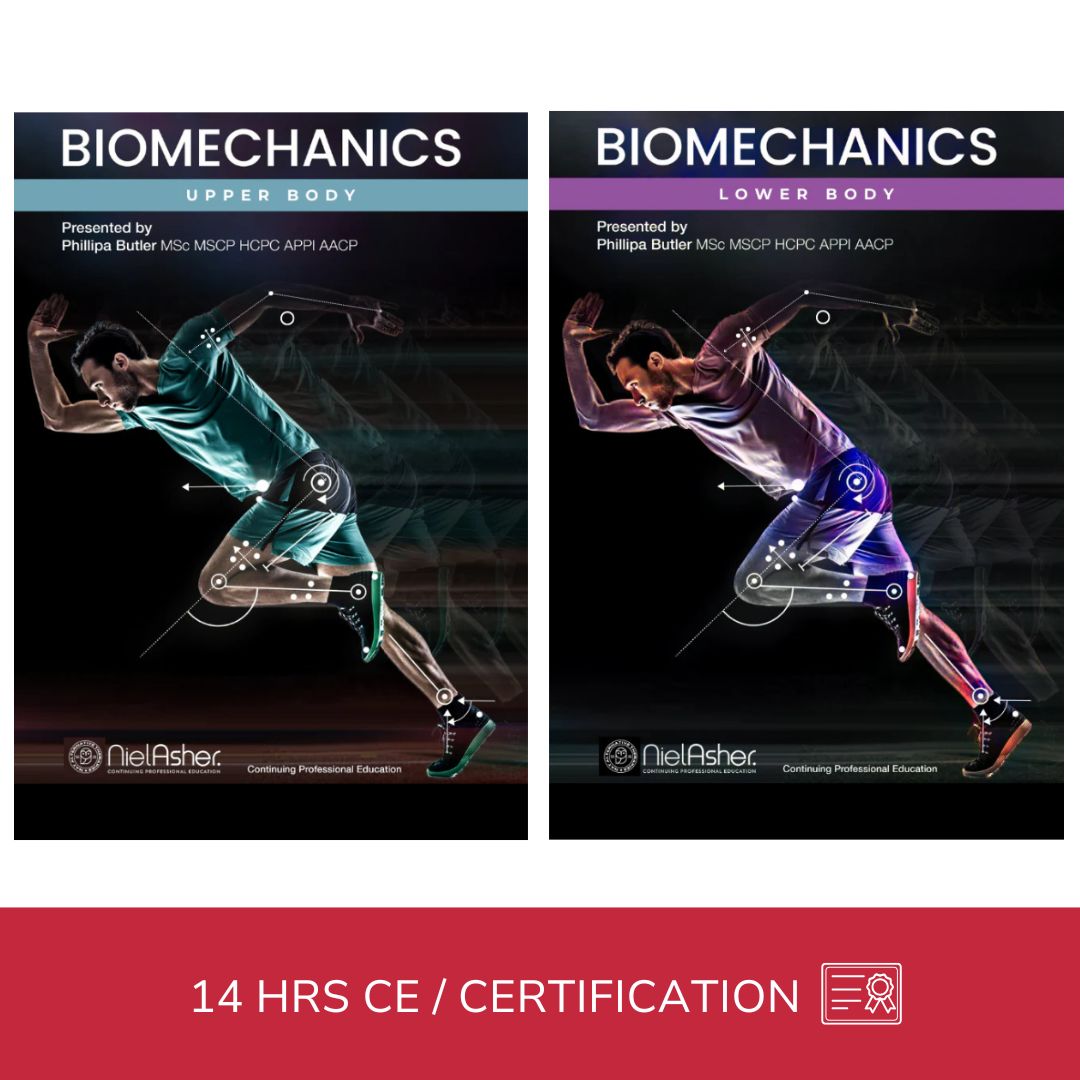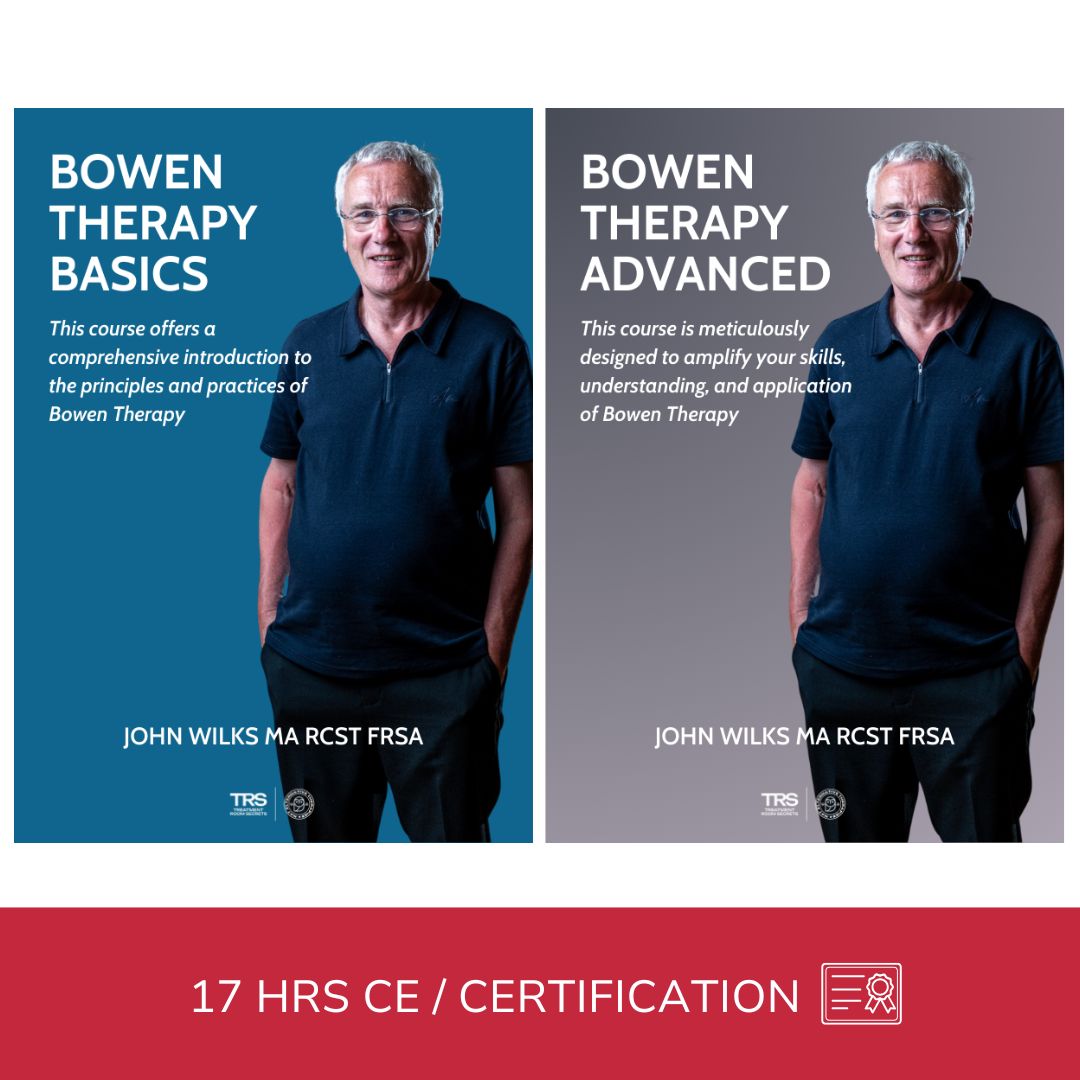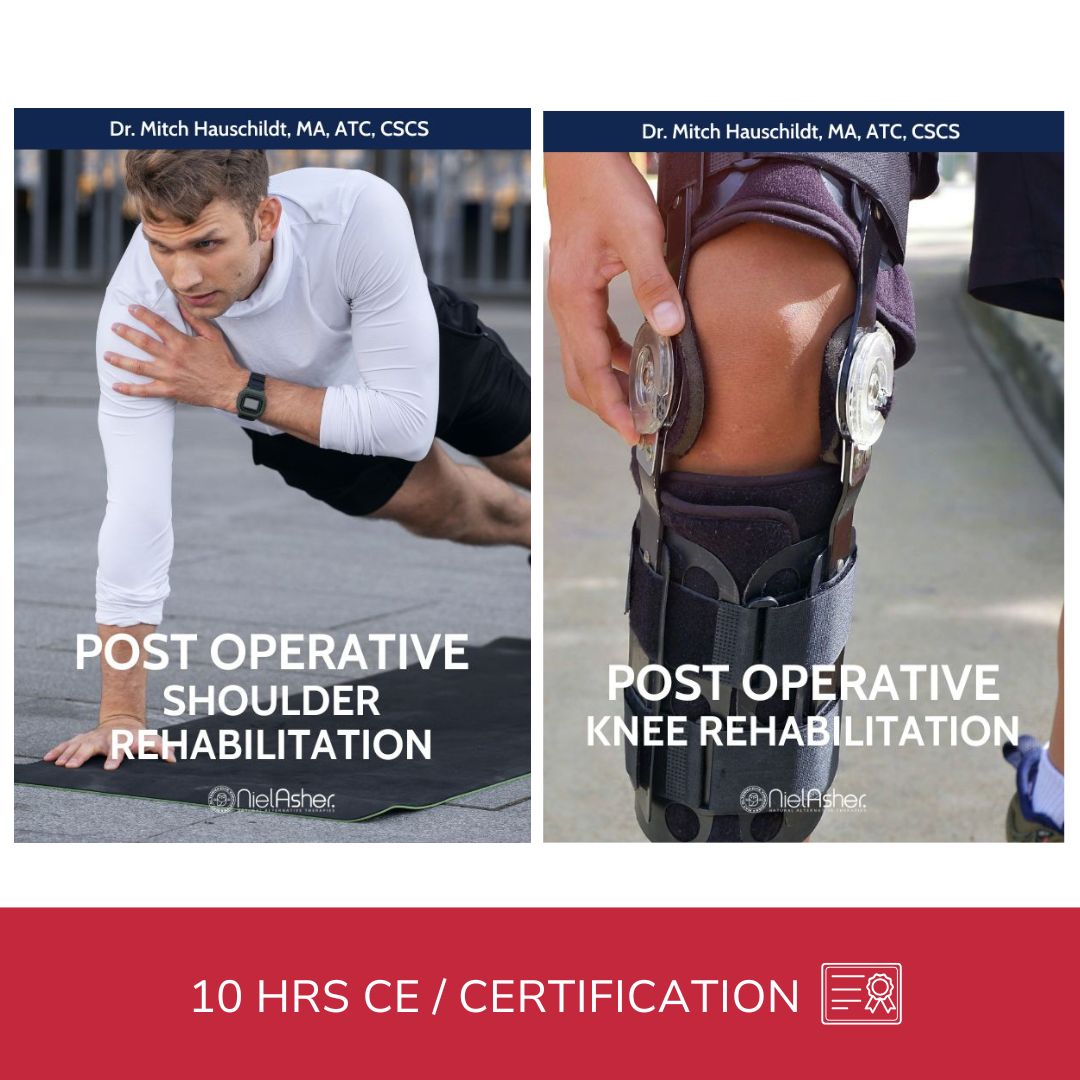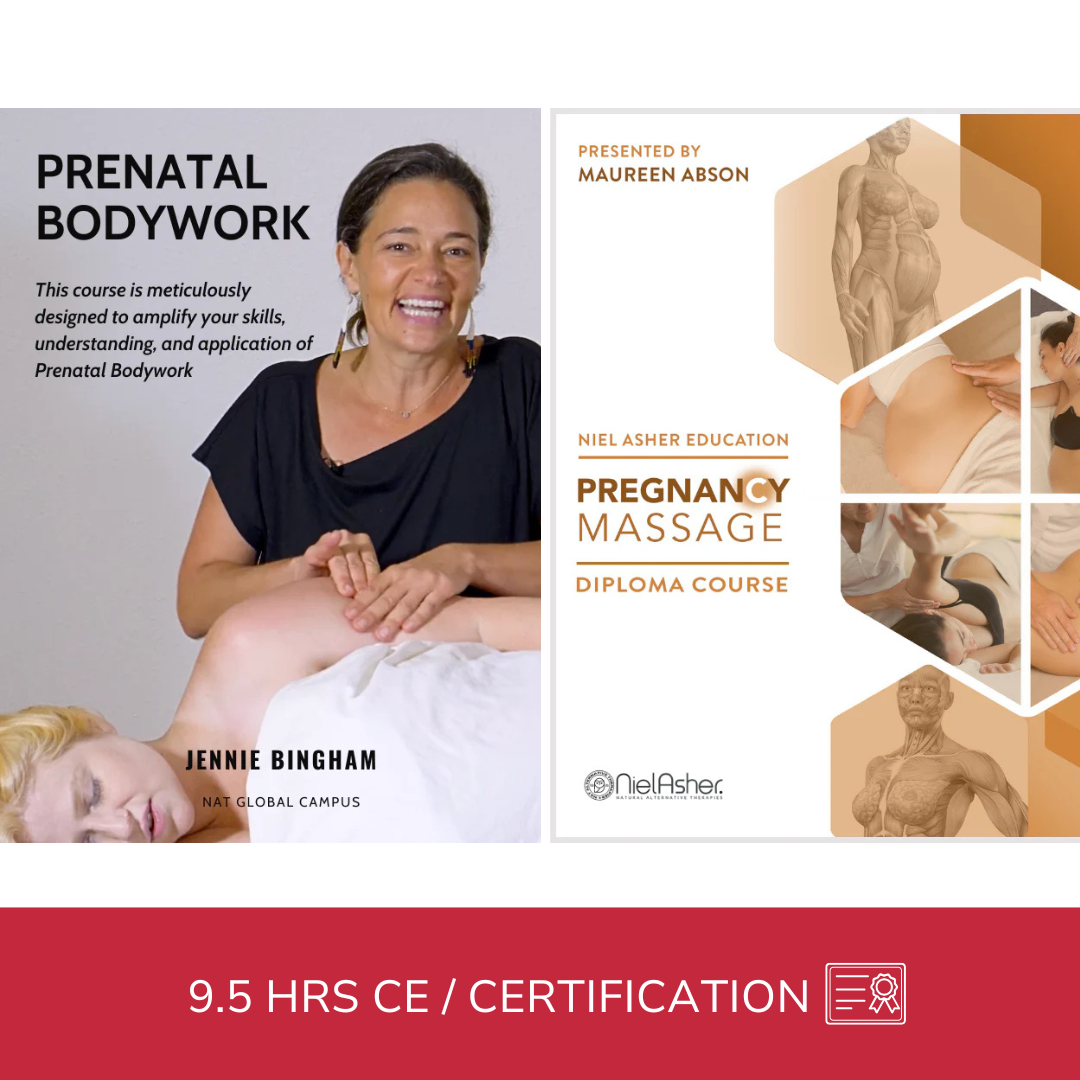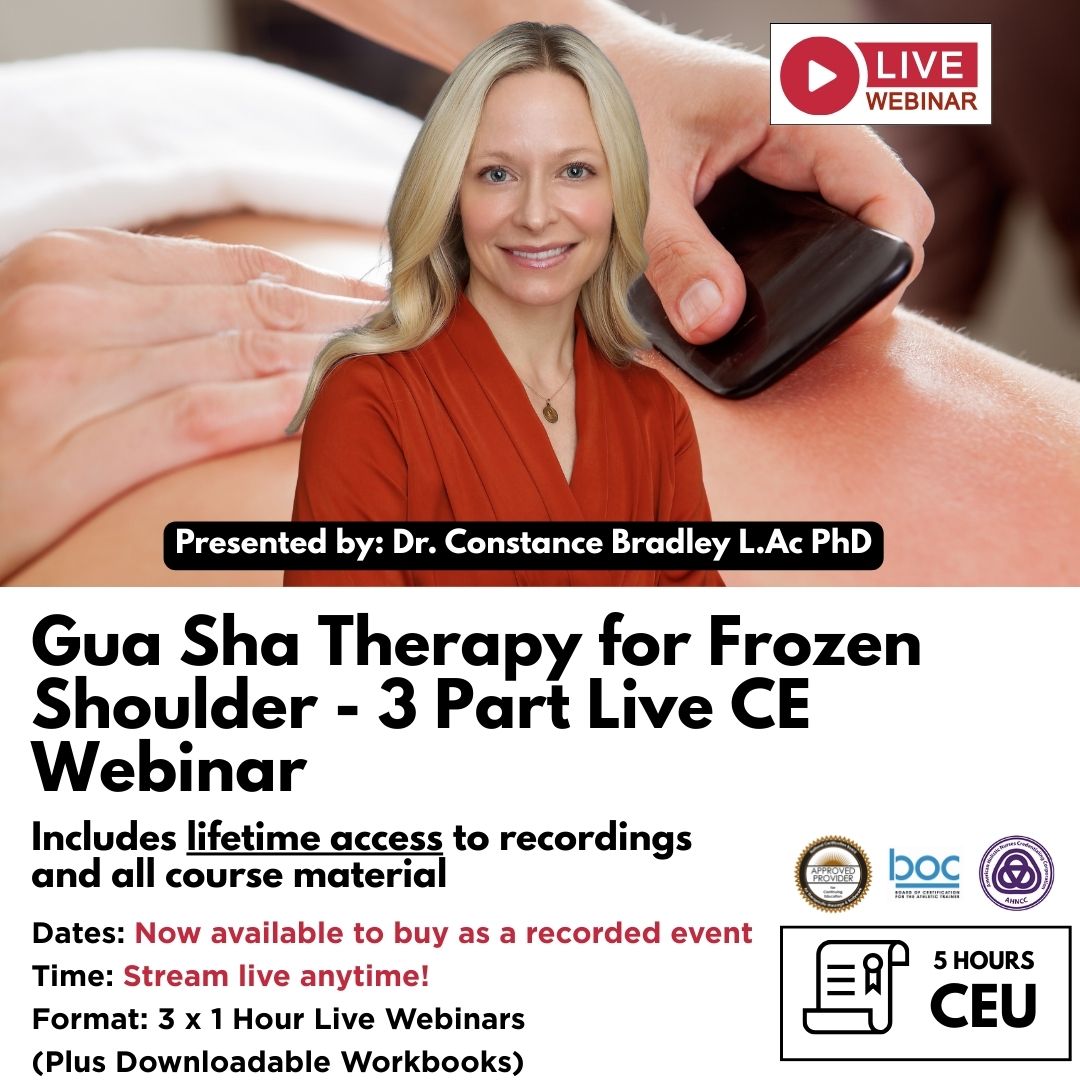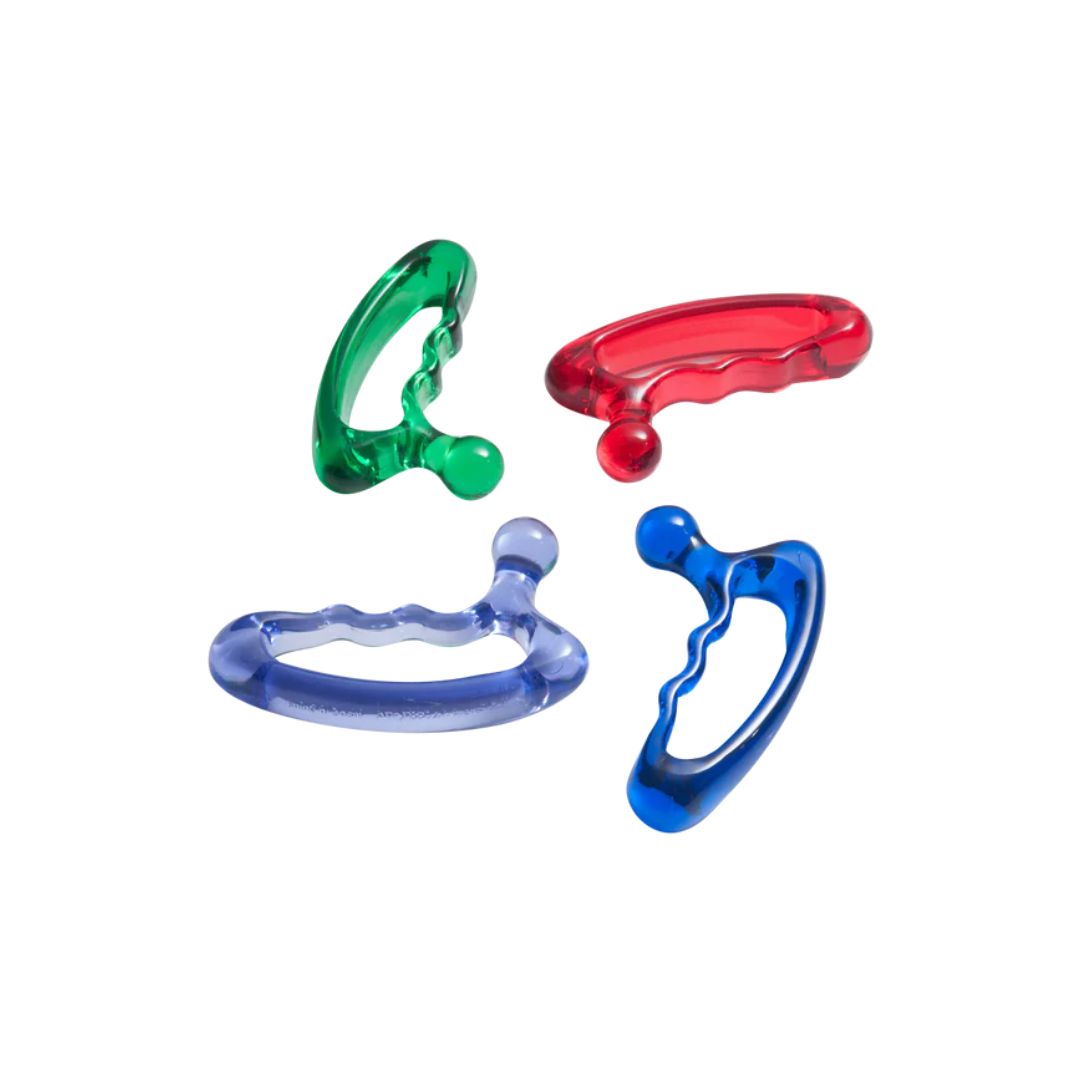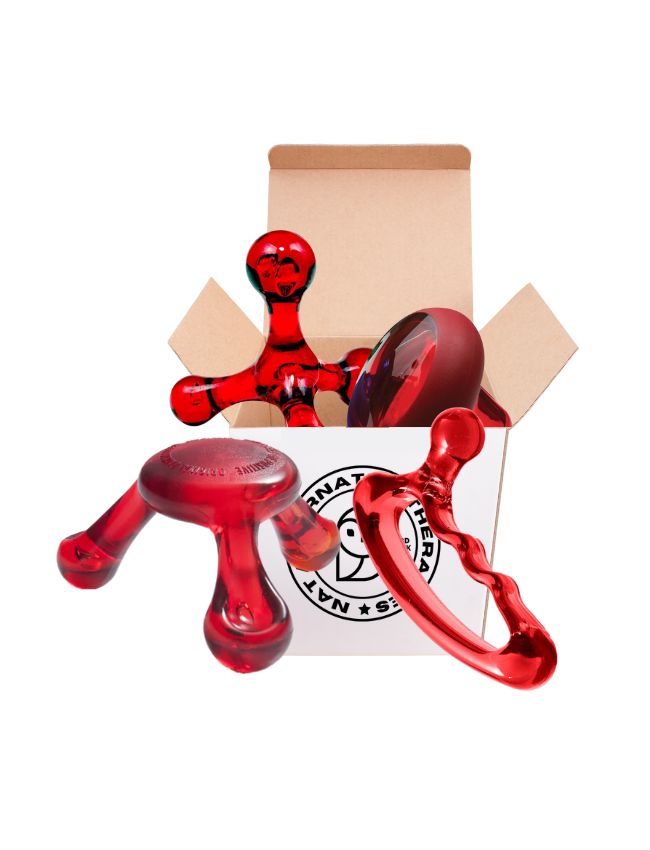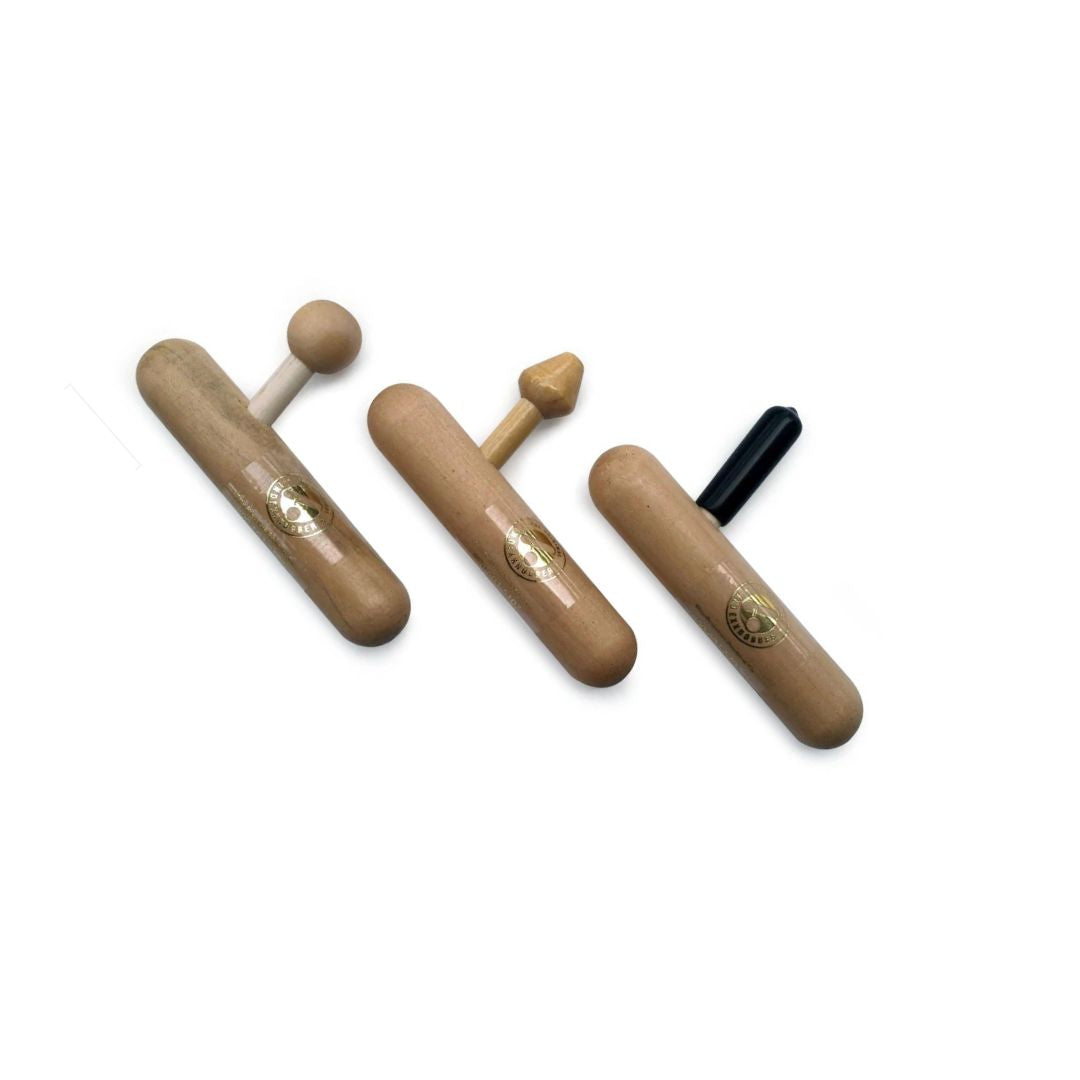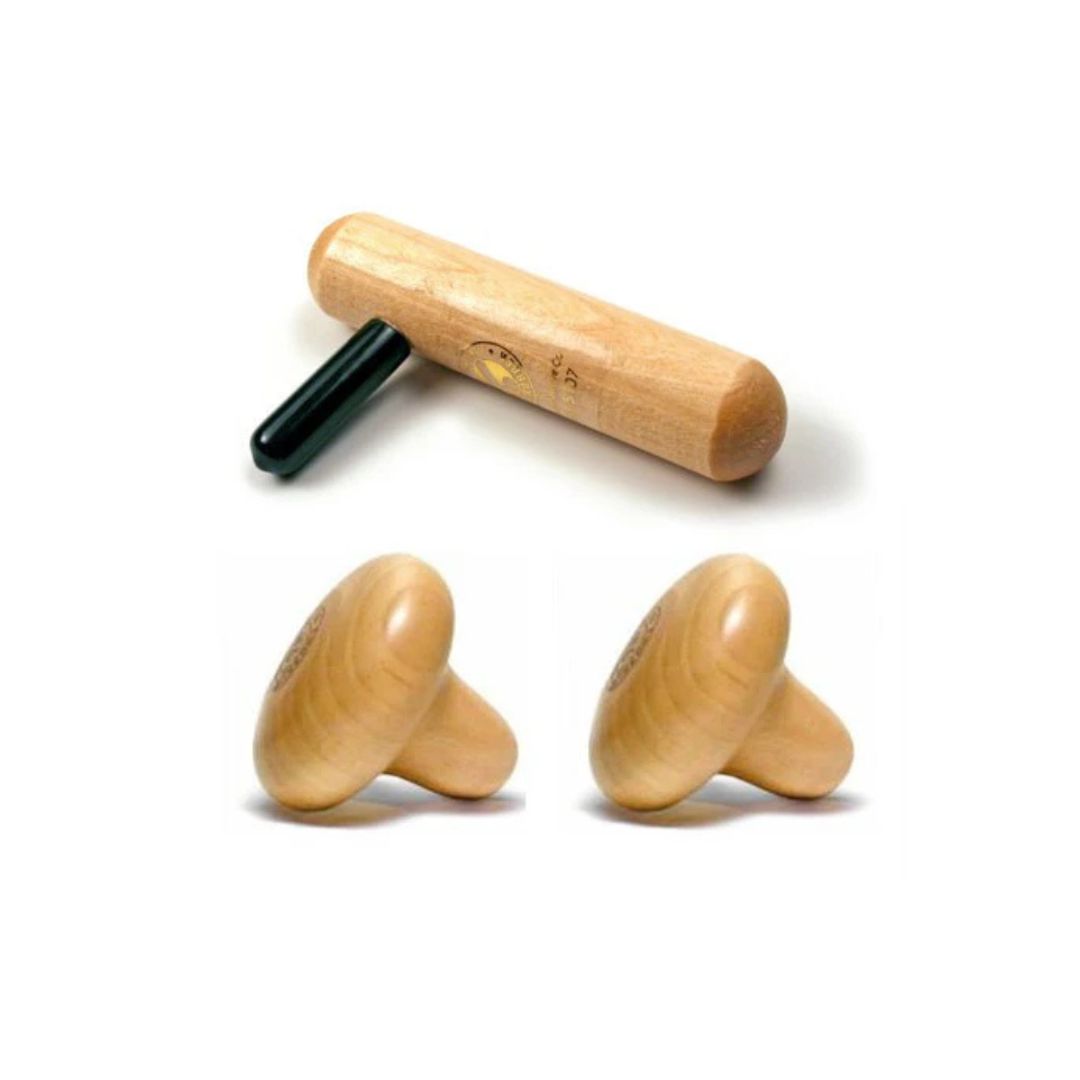How to Treat Calcific Tendinitis

Supraspinatus Muscle - the most common area to find calcific deposits
In most cases, calcific tendinitis can be treated using non-surgical techniques, including NAT
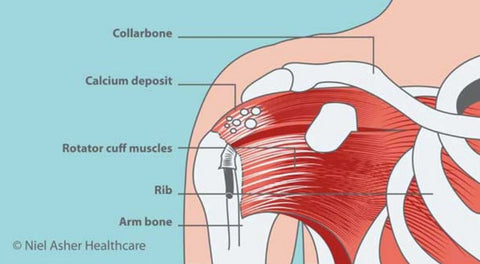
If you’re experiencing stiffness and shoulder pain and it’s making it hard for you to sleep at night, you could have Calcific Tendinitis.
With this condition, 1- 2 centimeter deposits of calcium form in the tendons of the rotator cuff. As the calcium accumulates, the area becomes very tender and it is difficult to lift your arm without experiencing pain and stiffness.
The pain is typically felt around the rotator cuff muscles (usually supraspinatus) and is often misdiagnosed as frozen shoulder syndrome.
The good news is that in most cases, calcific tendonitis can be treated using non-surgical means.
Causes
Calcific Tendinitis often develops as a result of overhead activities like playing tennis or house painting.
When muscles and tendons rub against one another over and over again, it can cause inflammation.
Calcium then develops as part of the body’s attempt to repair this damage. Poor posture is another common cause and there is a growing school of thought that some metabolic diseases of the parathyroid glands in the neck may generate extra calcium.
Very often the cause is simply a cyclical process that occurs over time, leading to a build up of calcium.
During the day, regular arm movements may shut off some of the blood flow to the supraspinatus muscle. Then, when you are resting or sleeping at night blood flows back into the area to compensate.
This cyclical pattern may cause calcific tendonitis to develop over time.
Stages of Calcific Tendinitis
Calcific tendinitis exists in two different forms. With Degenerative Calcification, calcium accumulates in weak, run-down tendons that develop as we get older. Reactive Calcification, on the other hand, progresses through a series of stages:
In the Pre-Calcification Stage, you don’t experience any symptoms. At this point, the tissue in the area where the calcium will develop goes through cellular changes.
In the Calcific Stage, calcium comes out of the cells and forms into deposits. At this point, the calcium looks like chalk.
There is a Resting Phase, where you will experience no pain. During the Resorptive Phase, the pain returns and can become quite excruciating. At this point, the calcium is the consistency of toothpaste.
Finally, in the Post-Calcific Stage, the calcium disappears and is replaced by the normal rotator cuff. At this point, the pain goes away.
Although there are a number of stages, it is not always a long process. In some cases, the condition is resolved in about 4 weeks.
Calcific tendonitis is seen most often in people between the ages of 30-50, and more often in women than in men. People who have diabetes are more susceptible to developing the condition.
Location of calcium deposits
Calcium is most frequently deposited in the rotator cuff of the shoulder. The following are the most common areas where we find calcium deposits (Stefani 2009):
-
Supraspinatus muscle - 80%
-
Infraspinatus muscle - 15%
-
Subscapularis muscle - 5%
Treatment
Aggressive treatment is not recommended in the acute phase (which usually lasts 3-5 days) as it can stir-up the already active condition.
There are however, gentle hands-on techniques that experienced therapists can use to help reduce the acute symptoms.
Once the acute phase has settled down it doesn’t mean the calcium has gone away and in fact many people are left with some shoulder stiffness as the calcium will stay in the shoulder tendons until it is removed or is slowly reabsorbed.
This stiffness can in many cases be rapidly and effectively treated with NAT.
Calcium Deposits
Silent calcium deposits that are also common. These calcium deposits can be re-activated with overhead or vigorous activities such as swimming or tennis.
It is not uncommon to have silent phases of 1-2 years between the acute episodes. Your manual therapist or NAT practitioner will advise you on what you can do to prevent further episodes and reduce severity as soon as the twinges appear.
Links
Find a Trigger Point Professional in your area
Trigger Point Tools and Accessories
Dry Needling for Trigger Points
Certify as a Trigger Point Therapist
About NAT Courses
As a manual therapist or exercise professional, there is only one way to expand your business - education!
Learning more skills increases the services that you offer and provides more opportunity for specialization.
Every NAT course is designed to build on what you already know, to empower you to treat more clients and grow your practice, with a minimal investment in time and money.
Help Desk
About Niel Asher Education
Niel Asher Education is a leading provider of distance learning and continued education courses.
Established in the United Kingdom in 1999, we provide course and distance learning material for therapists and other healthcare professionals in over 40 countries.
Our courses are accredited by over 90 professional associations and national accreditation institutions including the National Academy of Sports Medicine (NASM) and National Certification Board for Therapeutic Massage and Bodywork (NCBTMB). Full details of all international course accreditations can be found on our website.
Printed course materials and other products offered on our websites are despatched worldwide from our 3 locations in the UK (London), USA (Pennsylvania) and Australia (Melbourne).
More About Us
NAMTPT AWARD 2017
We are honored to have received the 2017 "Excellence in Education" Award from the National Association of Myofascial Trigger Point Therapists.
Since 1999 Niel Asher Education has won numerous awards for education and in particular for education and services provided in the field of trigger point therapy.
Read Full Article
Award Winning Instructors
Niel Asher Healthcare course instructors have won a host of prestigious awards including 2 lifetime achievement honorees - Stuart Hinds, Lifetime Achievement Honoree, AAMT, 2015, and Dr. Jonathan Kuttner, MD, Lifetime Achievement Honoree, NAMTPT, 2014.
Meet the Instructors
NAT Certification
If you are a qualified/licensed manual therapist or exercise/fitness professional you can expand your credentials with NAT certification.
In addition to national accreditation for continued education, each course that we offer includes "NAT Learning Credits". By taking and completing courses you can accumulate NAT credits to qualify for NAT certification.
There are currently 3 levels of NAT certification. Certifying NAT is a valuable way to show your clients that you take continued education seriously, and to promote your skills and qualifications.
About NAT Certification
Accreditation
NAT courses are accredited for continuing education by over 30 professional associations in North America, United Kingdom, Australia, and European Union countries. These include The National Academy of Sports Medicine, Physical Therapy Board of California, AAFA, National Certification Board for Manual Therapists and Bodyworkers, Sports Therapy Institute, and Myotherapy Australia.
See Full List
Niel Asher Technique
Since 1999 the Niel Asher Technique for treating trigger points has been adopted by over 100,000 therapists worldwide, and has been applied to the treatment of a number of common musculoskeletal injuries.
The Niel Asher Technique for treating frozen shoulder was first introduced and published in 1997 and has been widely adopted by therapists and exercise professionals working within elite sports and athletics.
Read More
International Students
Most of our courses are available as either "Printed" or 'Download" editions. When you purchase a download edition, you receive immediate lifetime access to all course material. Course texts can be downloaded and printed if required.
When you purchase a "Printed" edition, you will also receive free access to the download edition.
We ship Worldwide from locations in the USA, UK, and Australia. Most items are despatched within 24 hours and shipping is FREE for all orders over US$50.
Shipping
This trigger point therapy blog is intended to be used for information purposes only and is not intended to be used for medical diagnosis or treatment or to substitute for a medical diagnosis and/or treatment rendered or prescribed by a physician or competent healthcare professional. This information is designed as educational material, but should not be taken as a recommendation for treatment of any particular person or patient. Always consult your physician if you think you need treatment or if you feel unwell.
About Niel Asher Education
Niel Asher Education (NAT Global Campus) is a globally recognised provider of high-quality professional learning for hands-on health and movement practitioners. Through an extensive catalogue of expert-led online courses, NAT delivers continuing education for massage therapists, supporting both newly qualified and highly experienced professionals with practical, clinically relevant training designed for real-world practice.
Beyond massage therapy, Niel Asher Education offers comprehensive continuing education for physical therapists, continuing education for athletic trainers, continuing education for chiropractors, and continuing education for rehabilitation professionals working across a wide range of clinical, sports, and wellness environments. Courses span manual therapy, movement, rehabilitation, pain management, integrative therapies, and practitioner self-care, with content presented by respected educators and clinicians from around the world.
Known for its high production values and practitioner-focused approach, Niel Asher Education emphasises clarity, practical application, and professional integrity. Its online learning model allows practitioners to study at their own pace while earning recognised certificates and maintaining ongoing professional development requirements, making continuing education accessible regardless of location or schedule.
Through partnerships with leading educational platforms and organisations worldwide, Niel Asher Education continues to expand access to trusted, high-quality continuing education for massage therapists, continuing education for physical therapists, continuing education for athletic trainers, continuing education for chiropractors, and continuing education for rehabilitation professionals, supporting lifelong learning and professional excellence across the global therapy community.
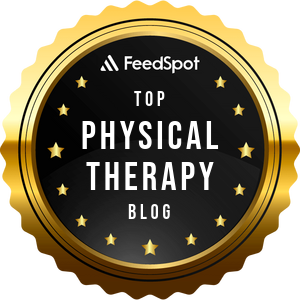
Continuing Professional Education
Looking for Massage Therapy CEUs, PT and ATC continuing education, chiropractic CE, or advanced manual therapy training? Explore our evidence-based online courses designed for hands-on professionals.



